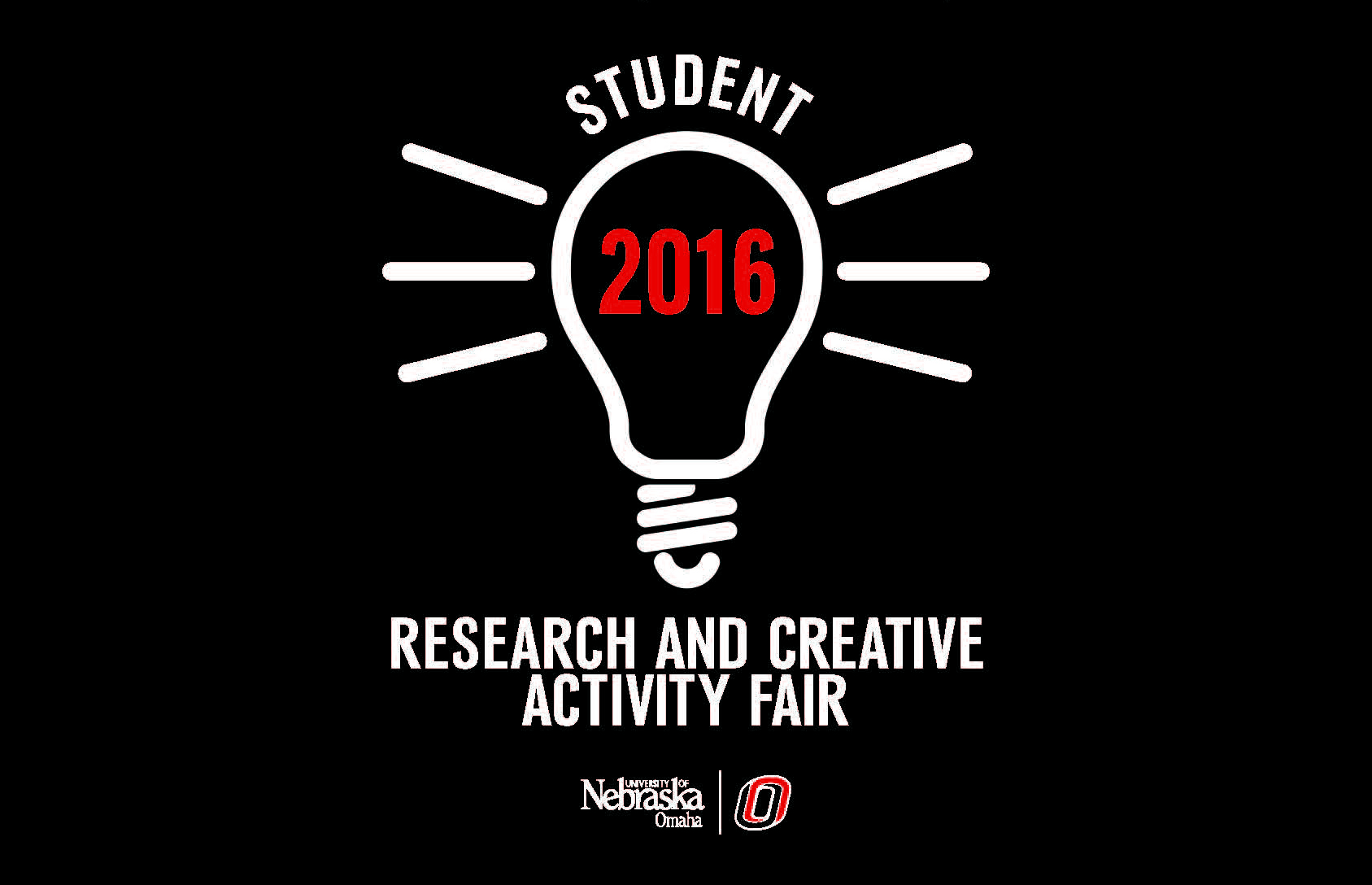
A text mining application for linking functionally stressed-proteins to their post-translational modifications
Advisor Information
Dhundy Bastola
Location
UNO Criss Library, Room 232
Presentation Type
Oral Presentation
Start Date
4-3-2016 11:15 AM
End Date
4-3-2016 11:30 AM
Abstract
In the proteome, stresses may work against optimal protein function and PTMs play roles in protein stress responses. Many peer-reviewed articles are available to bioinformatics research in the literature, however, the details of stress, protein and their PTM interactions have been scattered throughout the literature and these concepts are mentioned amongst the other details of respective studies. In each publication, for instance, there are many small pieces of knowledge which could be combined to build a better understanding. Since it is impossible to harvest all of its available knowledge using manual means, text mining methods are an attractive approach to assemble ideas from articles where these concepts may not have been a main focus. We present a text mining method to harvest and assemble a knowledge base relating to the relationships of stresses, proteins and PTMs from the literature. Although we also studied the stresses, proteins and PTMs which were associated with apoptosis, diabetes and Parkinson’s diseases in the literature, to introduce our method, we address these concepts as they are related to Alzheimer’s. We use the results from our text mining tool to process article abstracts to build networks which suggest how functional proteins may be linked to environmental stresses and their PTMs. We discuss how networks of biologically relevant keywords may eventually be used to describe directions in research which could be further explored to forecast new trends of studies. We also show how our method may help to predict stress, protein and PTM associations which may be included in the future.
A text mining application for linking functionally stressed-proteins to their post-translational modifications
UNO Criss Library, Room 232
In the proteome, stresses may work against optimal protein function and PTMs play roles in protein stress responses. Many peer-reviewed articles are available to bioinformatics research in the literature, however, the details of stress, protein and their PTM interactions have been scattered throughout the literature and these concepts are mentioned amongst the other details of respective studies. In each publication, for instance, there are many small pieces of knowledge which could be combined to build a better understanding. Since it is impossible to harvest all of its available knowledge using manual means, text mining methods are an attractive approach to assemble ideas from articles where these concepts may not have been a main focus. We present a text mining method to harvest and assemble a knowledge base relating to the relationships of stresses, proteins and PTMs from the literature. Although we also studied the stresses, proteins and PTMs which were associated with apoptosis, diabetes and Parkinson’s diseases in the literature, to introduce our method, we address these concepts as they are related to Alzheimer’s. We use the results from our text mining tool to process article abstracts to build networks which suggest how functional proteins may be linked to environmental stresses and their PTMs. We discuss how networks of biologically relevant keywords may eventually be used to describe directions in research which could be further explored to forecast new trends of studies. We also show how our method may help to predict stress, protein and PTM associations which may be included in the future.
